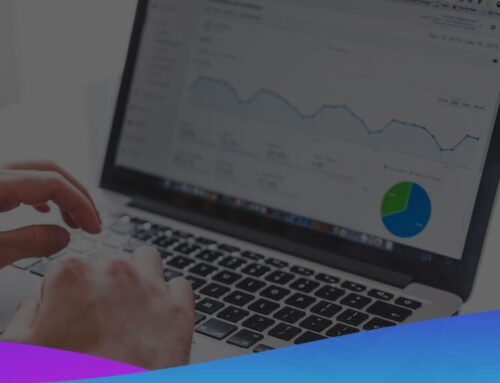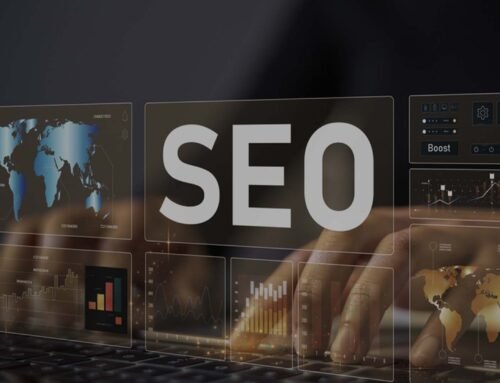Indeed, paid advertising is one of the most popular strategies that businesses use in the constantly changing field of digital marketing. It is here that, given the availability of many terminologies and tools, it becomes important to know the differentiation between the two. There is however some confusion that is popular among many people, and that is between Google Ads and PPC. Well, without going into details, let me explain the above concepts in the context of paid advertising.
Comprehending Paid Advertising:
Paid advertising is the general term used to describe any form of advertising through which business pay to air products and /or services. It is an integrated concept which encompasses web search ads, display ads, social media promotions and so on. Using paid ads, the main aim is to promote the business or service to the most relevant audience and get them to visit the business’s website or a landing page to inquire or make a purchase.
PPC
Paid advertising commonly known as PPC or Pay-Per-Click advertising involves payment of a fee every time the advertisement is clicked. It is one of the most effective strategies for controlling the ads and is implemented for the solutions across the interfaces. The form of PPC ad can be in the results of the search engine, on the Web, or in the social networks. PPC works on a model of pay-per-click and this is important to understand because with PPC you only pay when somebody responds to your ad or actually clicks on the link.
Google Ads: The next level PPC
Google Ads on the other hand is a platform formulated by Google where companies are able to launch and monitor PPC advertising. Google Ads which serves as one of the prominent platforms for paid advertisement allows reaching businesses to promote their ads that appear on the search engine result pages of Google and other sites under the Google display network.
Google Ads work on the PPC business model where the advertisers have to bid on the keywords that are popular among the target audience. When a user enters a word or phrase associated with the bid, Google choose which ad to show and this is so because of bid amount, quality of the ad and its relevance.
Therefore, despite the fact that Google Ads employs PPC, it’s indeed much more than PPC platform; it is an advertising channel.
The correlation between Google Ads and PPC
Before proceeding ahead, it is important for me to point out that whilst Google Ads and PPC are not one-and- the same, they are very much interconnected. PPC is an advertising model which is carried out by Google Ads. That is, Google Ads is an instrument that helps you to perform the PPC tactics developed by you.
The overview of this correlation
- Google Ads: An application created by Google for organizing ads produced for the internet and search networks as well as display ads. It is available in bidding strategies among which is the PPC model.
- PPC: An online advertising payment structure that allows you to be charged only when users clicks on the ads. PPC is used in many platforms and one of them is Google Ads.
The wider dimension of Paid Advertising:
Thus, PPC must not be confused with paid advertising since paid advertising is one of the models and includes other options and platforms as well. For instance:
- Cost-per-Impression: Advertisers get charged based on thousand view of their ads, regardless of the clicks made.
- Cost-per-Acquisition: To that end, instead of paying based on impressions or when a user visits a particular site, advertisers pay with a user taking an action such as buying a product.
- Social Media Ads: It is also important to distinguish that advertising on Facebook and LinkedIn, for instance, can be also bought as paid advertising with a variety of options in terms of bidding and target audiences.
Pros of Paid Advertising with Google Ads:
Google Ads has the following advantages for organizations that undertake paid advertising:
- Broad Reach:Google search engine and display network give the opportunity to reach a great number of people.
- Targeting Possibilities: Besides, Google Ads provides an opportunity to tailor campaigns according to the keywords, location, gender and age, and behavior history.
- Measurable Outcomes:Like all the Google services, Google Ads offers detailed statistics and performance indicators, allowing controlling ROI and work on the advertising campaigns.
Conclusion:
In conclusion, therefore, it is clear that Google Ads and PPC, although sometimes regarded as synonymous, are in fact different from one another. Google Ads is a rather strong and popular platform which utilizes the PPC model among others to assist companies with their paid advertising. It is one of the payment models that can be used by all platforms like Google Ads. Awareness of such differences can be beneficial for companies when it comes to managing the paid ad plans so that the campaigns are effective.
When preparing a further paid advertising campaign, think about how Google Ads and PPC will complement each other and how you are going to use the benefits of both in order to fulfil your marketing objectives.




